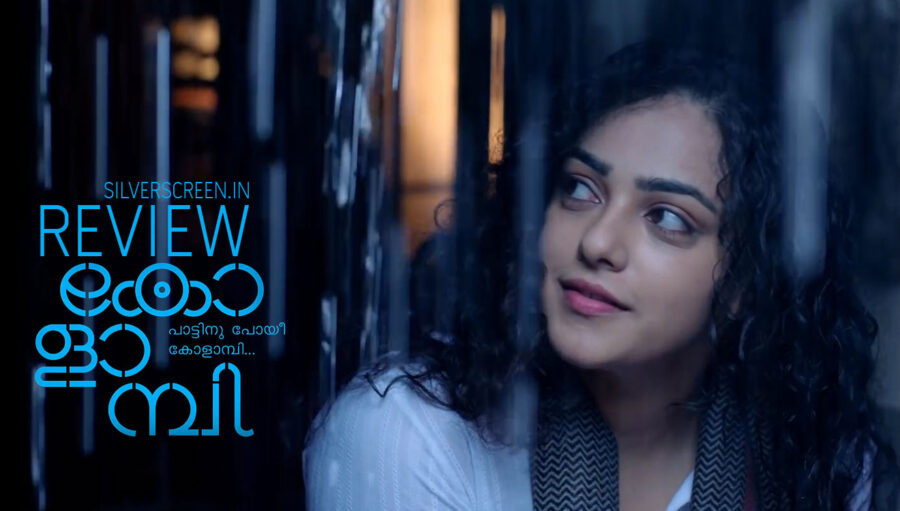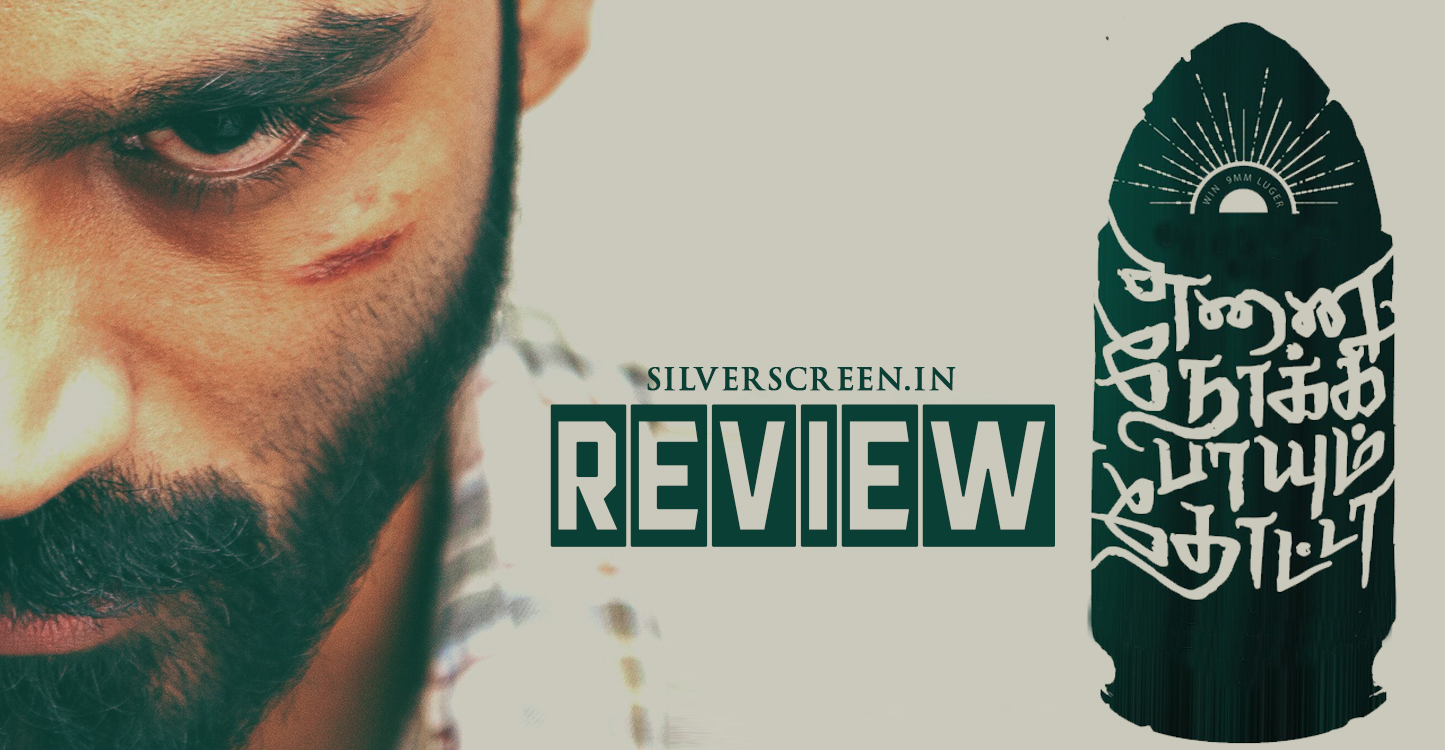Director: TK Rajeev Kumar
Cast: Nithya Menen, Renji Panicker, Rohini, Dileesh Pothan
Kolaambi, directed by TK Rajeev Kumar, is about expiry dates. At the centre of the film is an old couple (Renji Panikker and Rohini) who have tied their life into the nostalgia for a closed-down sound studio they used to run, which rented out Kolaambi – old-fashioned loud speakers which are no longer in use – for public and private events. Their home is a museum filled with music, books and people past their expiry dates.
A young high-flying artist (Nithya Menen) tells her lover in an intimate moment that she is scared of entering a marital relationship for “everything is destined to end at some point”. Eventually, the film comes to revolve around a graver subject of citizens without a country, whose relationship with one’s own soil and people expires when law decides to call it off.
Kolaambi has an impressive emotional narrative. For a long time you don’t get a great story around the old couple but scenes that bring you closer to them and their milieu, enough to feel the pang when fate threatens to break their little haven in the climactic portion. Panikker, Rohini and Suresh Kumar are good actors who exude an air of effortlessness on screen. The couple’s interactions with their friends from different walks of life, who have turned their home into a warm adda where coffee and music are served to anyone who walks in, are most natural. In the opening scene, she hands over a note of reminder from the bank to him, and he carefully places it on a table where a pile of similar envelopes lay unopened. Without saying much you are ushered into their life and familiarised with her gentleness and his idiosyncrasies.
However, it is a bit too saccharine. The characters are threatened by problems of far-reaching impacts, such as a bank loan that’s threatening to evict them out of their house and their flailing health but the film often digresses to overtly stretched-out Instagram-able moments. There are tonal inconsistencies and cliched tropes. To emphasise the heterogenous nature of the couple’s social circle, a Muslim man wearing a chequered scarf greets everyone with multiple ‘salaams’. One of the couple’s closest friends is an Anglo Indian woman who is always seen in gowns. Their Man Friday is a communist trade union worker. It isn’t the plausibility of these choices that is jarring, but the pattern these characters are a part of. Instead of nuanced story-telling, you get scenes that resemble pieces of room decor – charming, but with fleeting life span and little depth.
Nithya Menen has a face made for fantastic close-up shots. She is charming as an artist in search of inspiration, although the vapidity in her character construction is hard to miss. Menen is Arundhati, a Delhi-based artist who arrives in Fort Kochi to participate in the city’s art biennale. Her narrative track exists in a bubble in the film’s atmosphere, not consequential to the main story-line. She keeps appearing and reappearing in the film, barging into the life of Fort Kochi’s old-fashioned population like a Western tourist in search of the exotic spirituality in India. There are instances straight out of tourism promotional videos, of Menen roaming the streets of Fort Kochi to get in touch with its soul and find her ‘roots’. Instead of nuances, you get dialogues that attach several tags to her – a rebel in the art circle, and an artist extraordinaire. But you aren’t provided with enough material that validate the descriptions. It’s just a passing shot that informs the audience of the final installation that she makes, which is very much at the core of her character. For an accomplished artist who has travelled the world, Arundhati turns out to be quite old-fashioned. One of the pivotal scenes in her part of the narrative is where she suffers a breakdown thanks to her mother’s decision to remarry. Her relationship with the couple who provide her with creative inspiration, is perhaps the weakest part of the film.

kolaambi
Cinematographer Ravi Varman ensures that every frame is photogenic, always drenched in a warm glow. Particularly interesting is how he captures the characters in their intimate moments, in the crammed space inside their home. The overtly buttery quality of the visuals might have been problematic in a different film where story-telling is sturdier, but here, the narrative is largely shouldered by the postcard aesthetic Ravi Varman and music composer Ramesh Narayanan bring to the table.
There is an obvious conflict of interest at the heart of Kolaambi. It wears the facade of mainstream feel-good dramas, while trying to accommodate several subjects into the narrative at once. It talks about the now-relevant citizenship issue, the localness of Kochi art biennale, and the secular nature of old communities, but in plain broad strokes. And this lack of interest in going beyond the superficialities turns the film utterly disposable.
****
The Kolaambi review is a Silverscreen original article. It was not paid for or commissioned by anyone associated with the film. Silverscreen.in and its writers do not have any commercial relationship with movies that are reviewed on the site.



